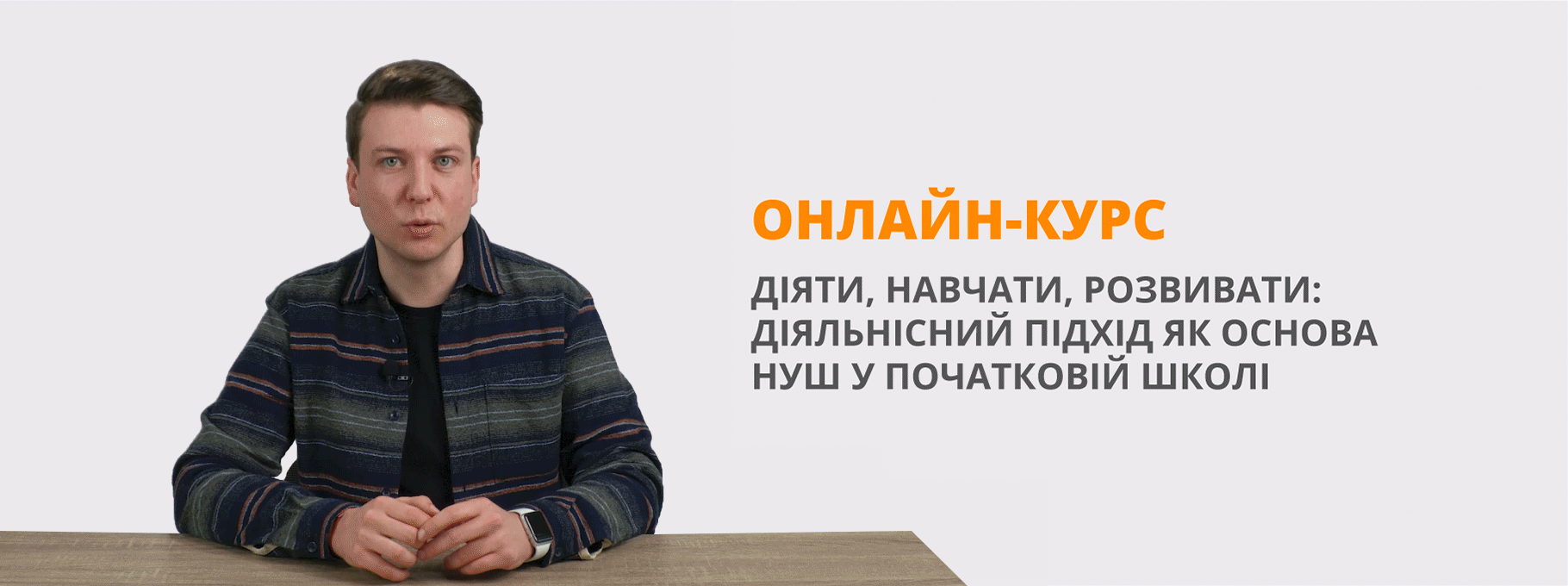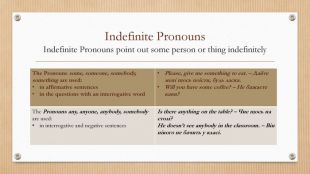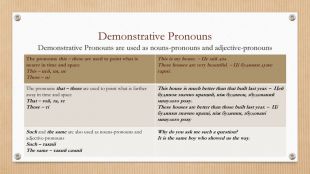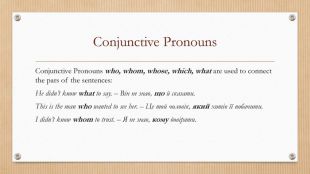Презентація "Pronouns"
Про матеріал
Презентація може бути використана як додатковий наочний матеріал до теми "Займенники" на заняттях з англійської мови. Перегляд файлу
Зміст слайдів
pptx
Оцінка розробки


Безкоштовний сертифікат
про публікацію авторської розробки
про публікацію авторської розробки
Щоб отримати, додайте розробку
Додати розробку
























